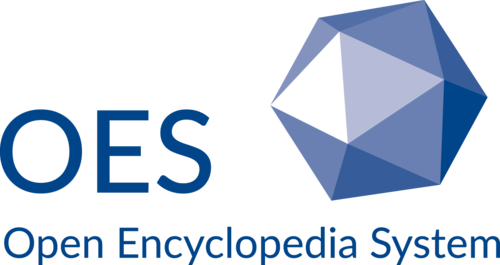Cuneiform Digital Library Initiative Project (CDLI)
The Cuneiform Digital Library Initiative (CDLI), a cooperation with the Department of Near Eastern Languages and Cultures of the University of California at Los Angeles (UCLA) and the University of Oxford, represents the efforts of an international group of Assyriologists, museum curators, and historians of science to make available online the form and content of cuneiform inscriptions dating from the beginning of writing, ca. 3350 BC, until the end of the pre-Christian era.
More than 230,000 of the estimated more than 500,000 excavated tablets distributed over museums and archives of the whole world have currently been cataloged. For most of them standardized transliterations are provided, complemented by about 75,000 images (scans, scanned copies, or photos). Considerable efforts are presently being made to improve the searching facilities for retrieving the data.
The CDLI acquired a major grant from the Andrew Mellon Foundation in the United States to fund the digitization of major collections in Europe and the US: University of Pennsylvania Museum, British Museum, as well as Syrian collections, and smaller collections in the US and Europe (e.g., Leiden). The Electronic Text Corpus of Sumerian Literature (ETCSL) provides an online searchable corpus of about 400 compositions of “classical” Sumerian literature, with bibliographies and English translations. The data is now being integrated into the CDLI dataset. A database to complement the CDLI datasets with data about physical seals, seal impressions, and composite reconstructions of the complete seal motifs has been created. Work has also been undertaken on the Liagre Böhl collection, housed at The Netherlands Institute for the Near East (NINO) in Leiden.


